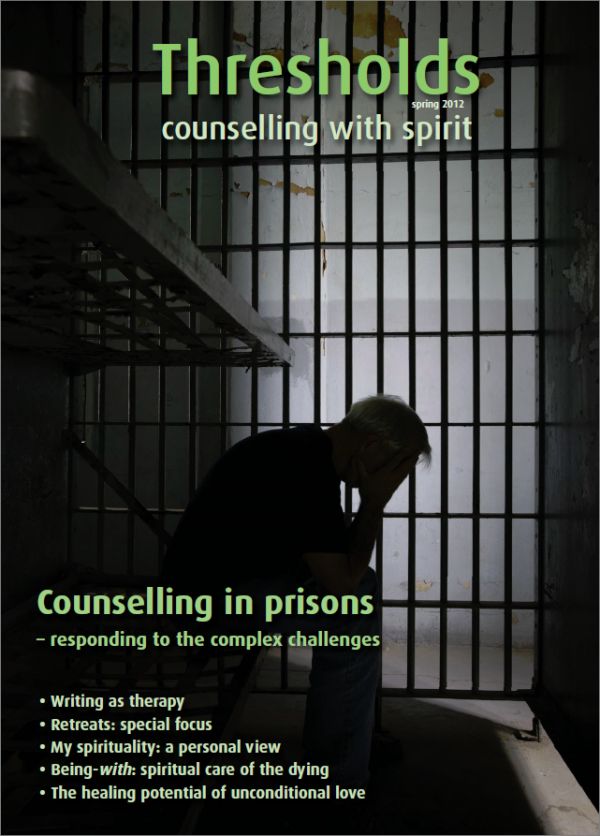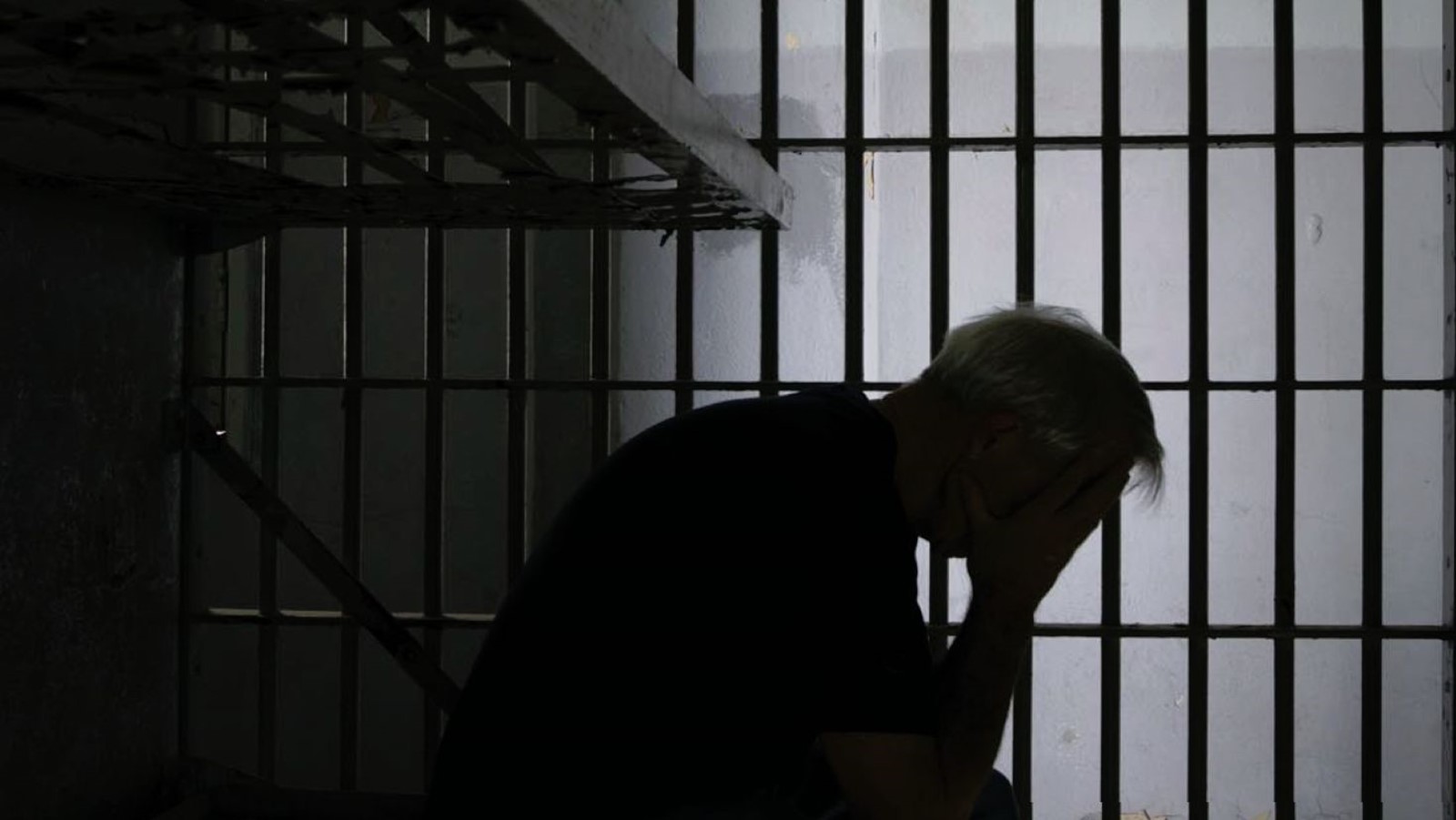In this issue
Features
Practice
Counselling in prisons (free article)
Peter Jones examines the specific challenges of counselling offenders in prison, and outlines the work of the Counselling in Prisons Network
Being fully present
Steve Nolan considers what it means to be fully with a person who is dying
Resources
Writing as therapy
Therapeutic and reflective writing can support both client and counsellor, says Gillie Bolton
People
My spirituality
For Pam Jokhun, spiritual development has been a way of letting go of negative thinking and pain
Special focus
Retreats
Perspectives
All you need is love
Turiya Martyn Gough explores the healing role of unconditional love within the therapeutic relationship
Sufficient unto the day?
How should therapy balance concepts of past, present and future? Is spirituality relevant and is it necessarily religious? asks Edwin Salter
Embedded counselling – a response
John Foskett explores issues arising from the recent Task and Finish Group report
Regulars
From the chair

All articles from this issue are not yet available online. Divisional members and subscribers can download the pdf from the Thresholds archive.
Welcome from the editor
When we are young, time seems endless and unboundaried. As we get older, however, mortality becomes a more tangible concept. As a child, I recall confiding to my mother that I feared the feeling of being alone when I died, as no one could be, or come, with me. I remember her replying gently that she supposed, in the end, we are all in the same situation. The words, as I understood them, comforted me considerably.
In this issue palliative care chaplain and counsellor, Steve Nolan, describes from a chaplain’s perspective the challenge of knowing how to ease the spiritual pain of a terminally ill person who realises that they soon will cease to be. He talks about the importance of being able to fully be with people who are close to death, and I am reminded of my childhood fear, above. His message, I believe, speaks to the child in all of us.
In this issue’s cover article, Peter Jones writes that the counsellor who works in the prison setting is particularly prone to ‘burnout’. As founder of the Counselling in Prisons Network, Peter understands particularly well the special therapeutic challenges that working in this environment can pose. The Counselling in Prisons Network is working at an international level to highlight good practice, promote ethical standards and lessen the feeling of isolation for counsellors working in this environment.
Also in this issue there is an insight into the therapeutic role of creative writing by reflective and therapeutic writing author, Gillie Bolton. Gillie explains how writing can help us in difficult times to reconnect with who we are, whether we are client or therapist.
The subject of the special focus this time is retreats. The spiritual retreat is moving with the times and broadening to cater for a growing potential audience. From lengthy, silent retreats to weekends where the emphasis is simply on taking a break from the daily routine, there is, it seems, a retreat to suit all. We include a selection of viewpoints on a subject that is relevant to anyone with an interest in developing themselves and their personal spirituality.
Thank you to everyone who has replied to the questionnaire ‘Is Thresholds getting it right?’ which appeared in the last issue. Your responses are really appreciated and are providing invaluable feedback for the future planning of your journal. If you haven’t responded and would like to, there is still time. You will find the questionnaire within the journal pages on the APSCC website.
Finally, this will sadly be the last issue that will be designed by Fran Shall. Fran has done a wonderful job for Thresholds, and I would like to thank her personally through this column. I shall miss her for her professionalism, and simply for being a lovely colleague to work with.
Jacqui Gray
Acting Editor
